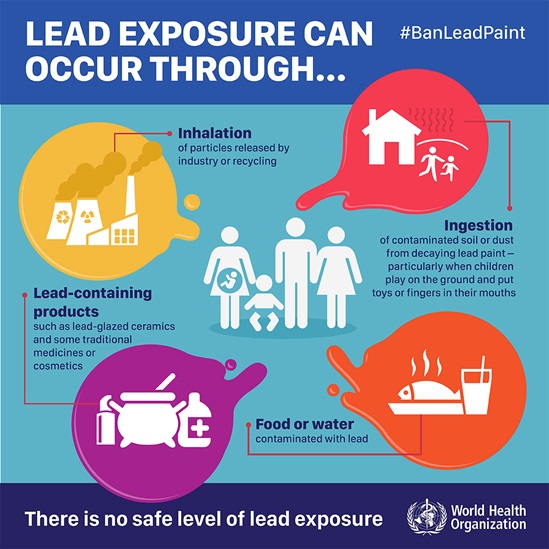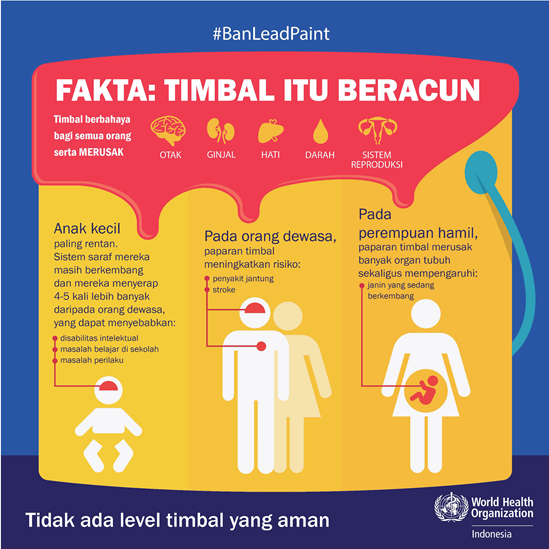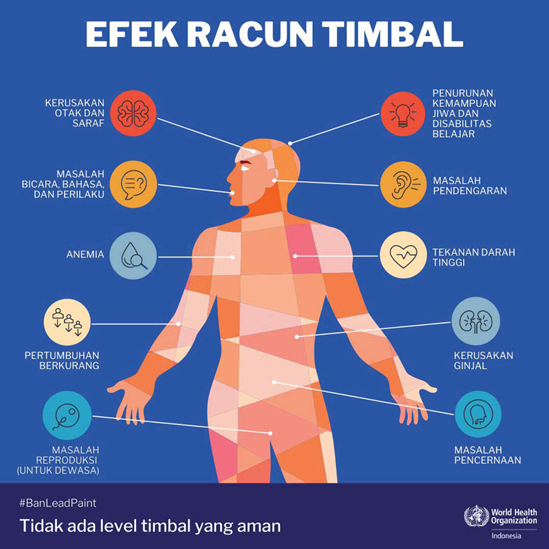Strategic priority 1: Intersectoral health action
Between 2023 and 2027 WHO will promote action across sectors to address complex health challenges.
WHO will work closely with the Government of Indonesia and partners to implement a “health-in-all-policies” approach. This includes collaboration with key sectors such as water, sanitation, nutrition, education and environment.
WHO will also support efforts to address climate change, build climate resilience and foster healthy physical and social environments.
WHO will assist the Government of Indonesia in reducing major risk factors for noncommunicable diseases. These include tobacco use, unhealthy diets, physical inactivity, harmful use of alcohol and indoor air pollution.
WHO’s support will focus on strengthening policy development and implementing evidence-based interventions that promote healthier populations.




